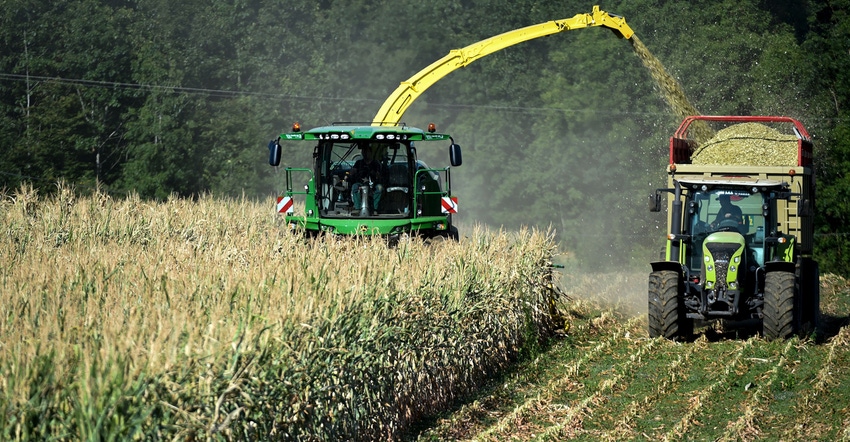August 5, 2021

With silage harvest close to starting and fall harvest just around the corner, it might be a good time to make sure your equipment is safe.
Last year, there were 39 farm and agricultural-related deaths, according to the 2020 Pennsylvania Farm Fatal Injury Summary, which came out last month.
This was the highest number of deaths since at least 2015 — the previous high was 33 in 2017 with 33. By comparison, the number of farm and agricultural-related deaths in 2019 was 27. Most of the deaths were crop or animal production related, and most involved a tractor.
So, why the increase? More in-depth research is needed to gain a fuller understanding of why the numbers jumped, the report’s authors say. The pandemic could be partly to blame. Pressures on the food-related supply chain changed consumer demand and may have led some farms to change their operations, exposing them to more hazards, according to the report.
Regardless, the deaths were tragic. A 45-year-old man was overcome by fumes after getting trapped in a silo; a 61-year-old man was killed in a hay baler; and a 69-year-old man was killed when his tractor went into a ditch.
But what stood out to me were the number of children who were killed in farm-related accidents last year. Of the 39 people killed, 12 were 19 years old or younger, and five were 4 or younger. This continues a trend of too many children being killed on farms every year.
“We would note that suicides remain an unfortunate source of fatalities for farmers in Pennsylvania. We identified eight suicides in 2020 that appeared to occur on a farm. Also of note is the continued high number of youth who are fatally injured on farms,” writes Judd Michael, professor of safety and health at Penn State. “We recommend that the commonwealth of Pennsylvania and other ag industry stakeholders put greater emphasis on reducing injuries and fatalities.”
I remember writing a column in January 2019 on keeping children safe on the farm after seeing numerous reports of tragic accidents involving children. A few days after my article ran, I got an email from a reader who told me to basically shove it since I didn’t grow up on a farm, and that I didn’t understand the dynamics of children working on farm. I should just mind my own business, the reader stated.
Well, if that reader happens upon this column, here are four reasons I think protecting children on farms is important: a 1½-year-old girl was run over by a tractor; a 12-year-old was compressed between cattle slates; a 4-year-old was run over by a tractor; and a 12-year-old was struck and entrapped by a forklift.
These children will never experience what it’s like to graduate high school, get married, or even have children of their own like I’ve been lucky to experience.
And there could be many more injuries that aren’t being reported. Last month, Michael and other researchers issued results from a study that looked at emergency room admissions across the U.S. over a recent five-year period.
Using keywords related to farming and agriculture, the researched looked through the National Electronic Injury Surveillance System. They found that from Jan. 1, 2015, to Dec. 31, 2019, more than 60,000 people were treated in emergency departments for nonfatal, agricultural-related injuries.
Nearly a third of those were youths.
“This study revealed the true magnitude of the agricultural-related injury problem,” Michael wrote in the report’s news release. “We were slightly surprised at the sheer number of farm-related injuries and concerned by the high number of youths who were injured.”
I’ve said this before and I’ll say it again: I envy the children who have been able to grow up on a farm. It’s a great learning experience.
But as adults, it’s our responsibility to make sure our children are safe regardless of what they’re doing on the farm. And teaching them to do things in a safe, responsible way is the best gift we can give them.
You May Also Like




